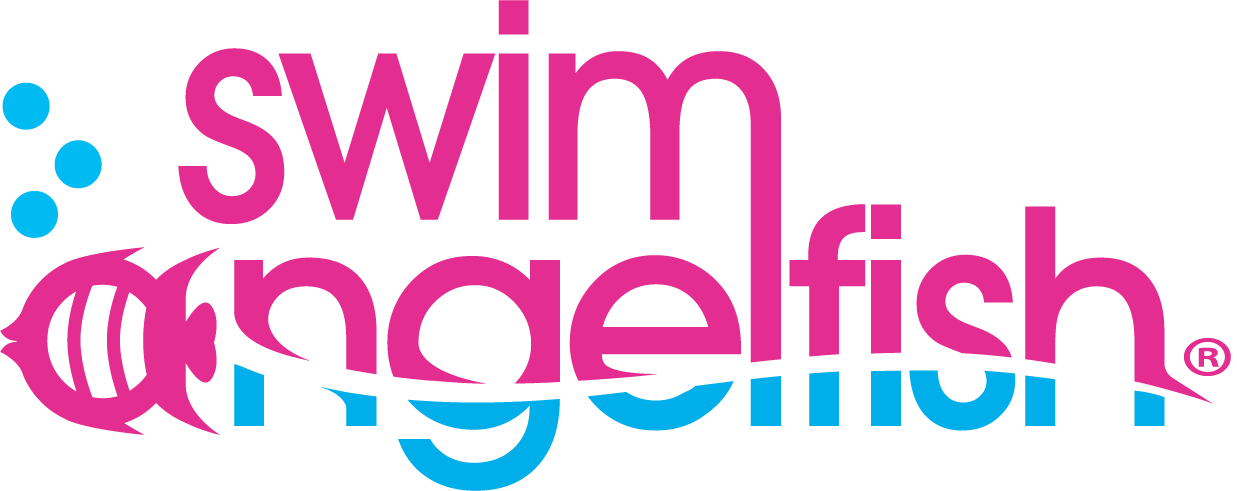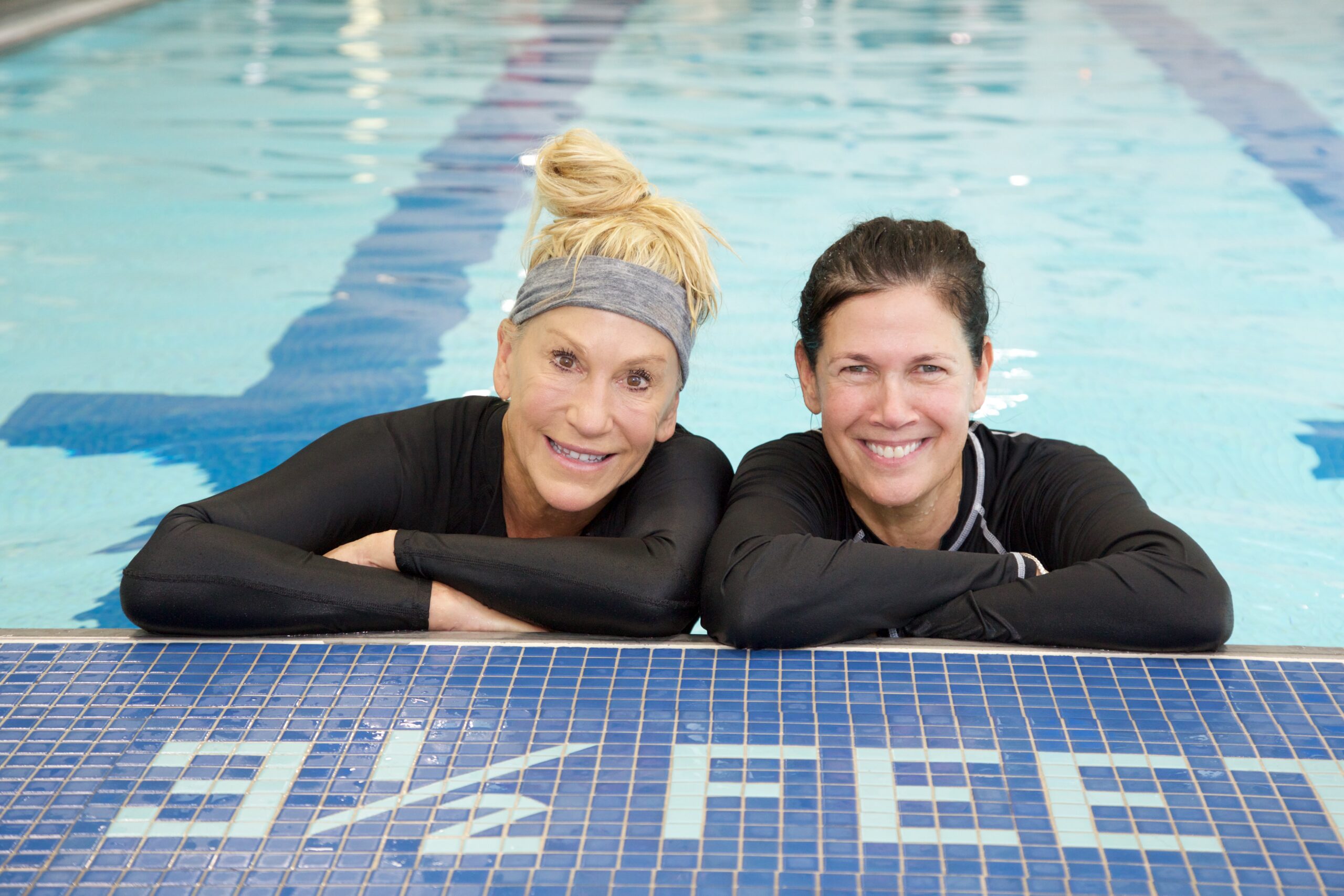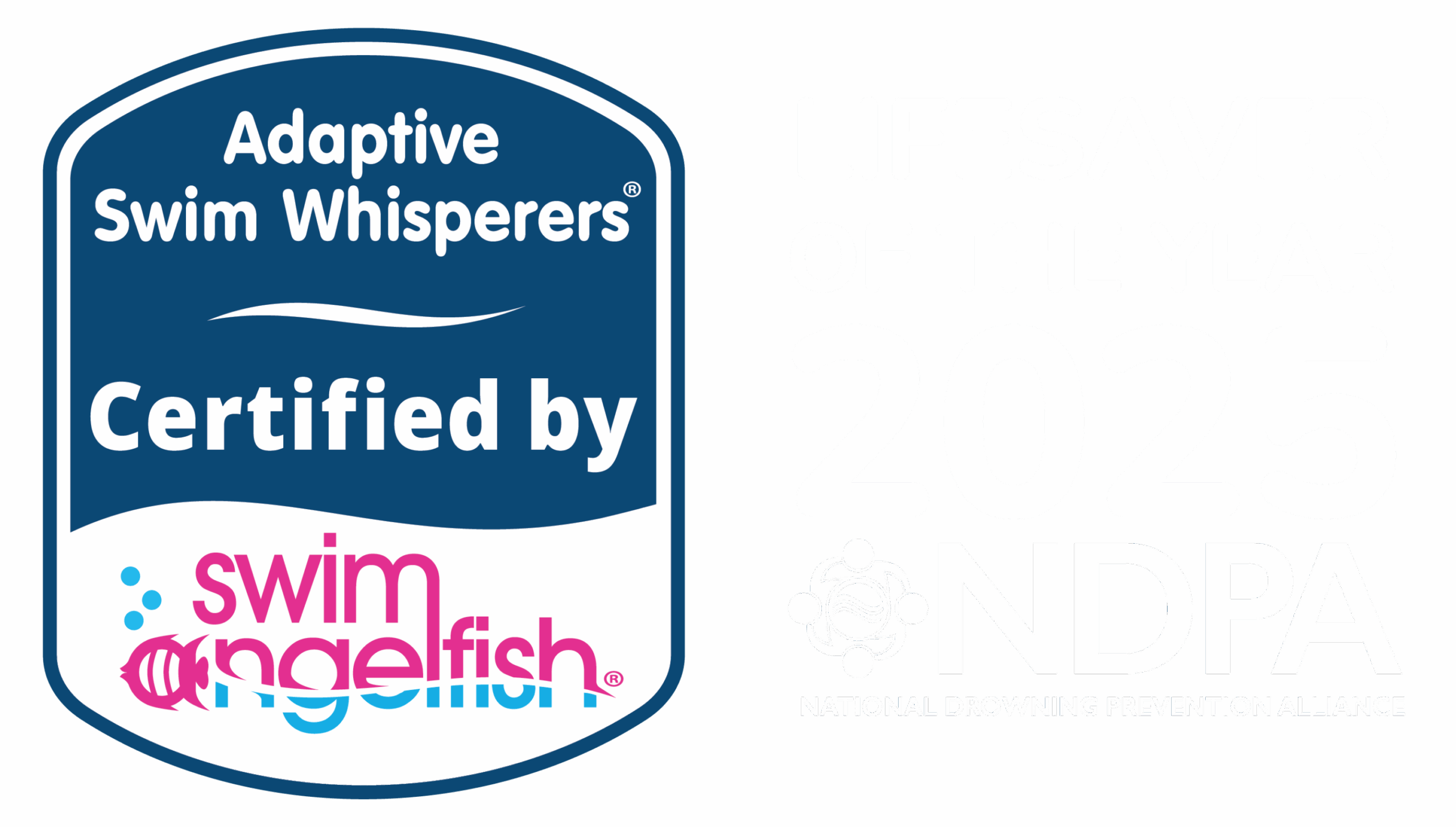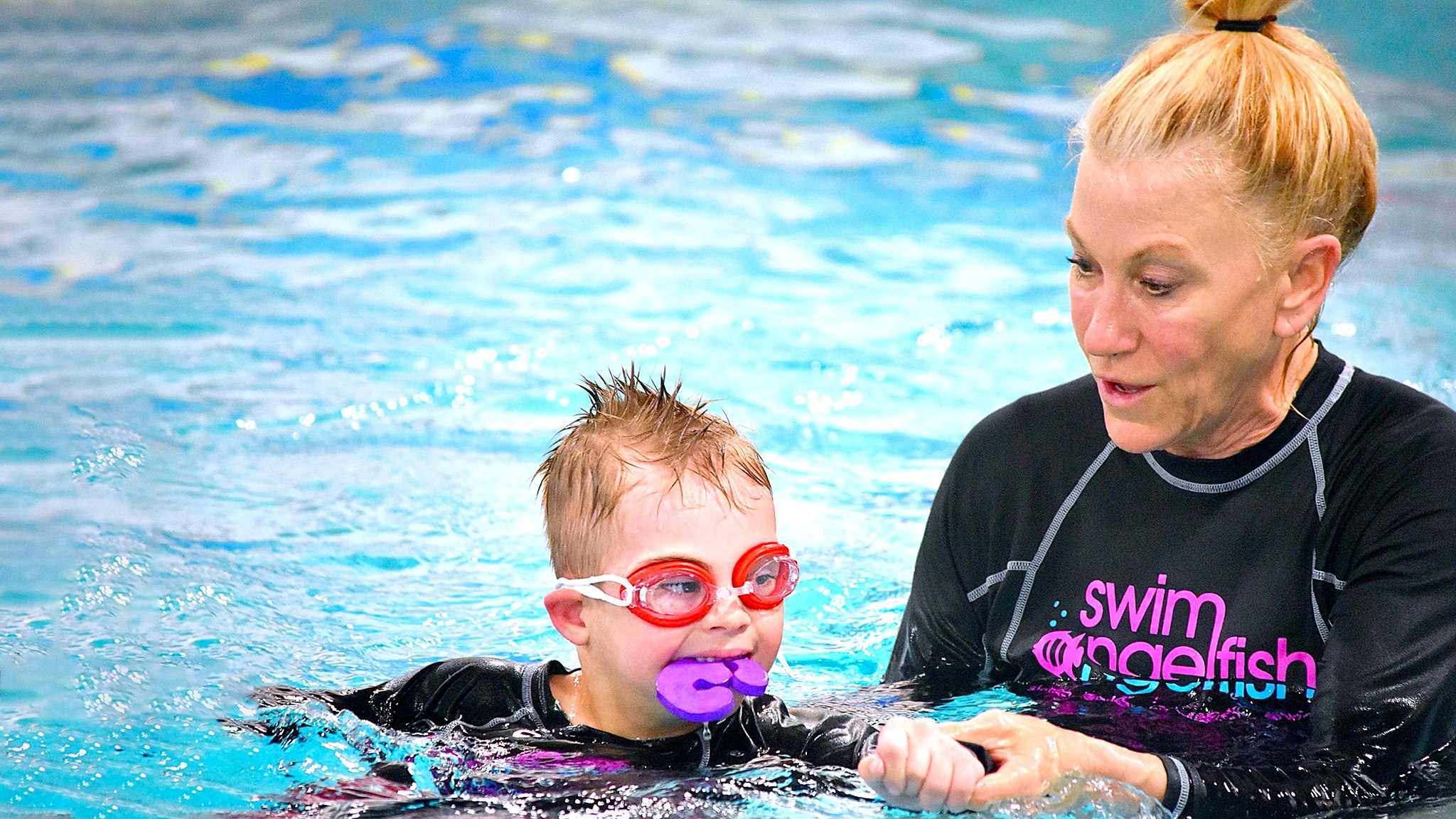
Does your swimmer struggle with the challenge of drinking more pool water than you’d prefer during your swim sessions? Don’t fret – you’re not alone, and there are fun and effective solutions to help you conquer this sensory-seeking aquatic habit.
As swim instructors, we often encounter challenges when working with swimmers who want to satiate their sensory needs and just can’t seem to stop drinking the water. Let’s dive into some simple tips that can help to keep that pool water where it belongs – out of the mouth.
In this blog, we discuss one of the 14 most common roadblocks we identified as ‘Excessive Drinking’ and we share advice on how swim instructors can help their swimmers to be more successful when facing this obstacle.
Identifying the Challenge: Excessive Drinking
Being able to put your mouth in the water, without drinking it, plays a crucial role in the swimming lesson experience. Some swimmers really enjoy the sensory feeling of the water in and around their mouth and lips, and it’s this need they are trying to satiate when they drink the pool water. For swimmers who are non-verbal, this need is more pronounced as the sucking, licking, and blowing of bubbles in the water provides a great mouth experience for them. And with the pool water right there, it’s just too tempting!
Swim Whisperers® Strategies to Reduce Excessive Drinking
When you understand the science behind this roadblock and the underlying reasons for this behavior of excessive drinking, you will be able to help your swimmer satiate their sensory needs, without the risk of them consuming too much pool water during their swim lessons.
We have three tried and tested tips to help keep the water out of the mouth so you can focus on achieving your swim lesson goals.
Every swimmer faces their own unique challenges, and by applying the Swim Whisperers® methodology with a touch of creativity, overcoming challenges with excessive drinking will be a breeze.
